Our open evening for children starting reception in 2025, will take place on Thursday 14th November at 4pm.
Home / Curriculum / Geography
Then God commanded, “Let the water below the sky come
together in one place, so that the land will appear”—and
it was done. He named the land “Earth,” and the water
which had come together he named “Sea.” And God was
pleased with what he saw.
Genesis 1:9-13
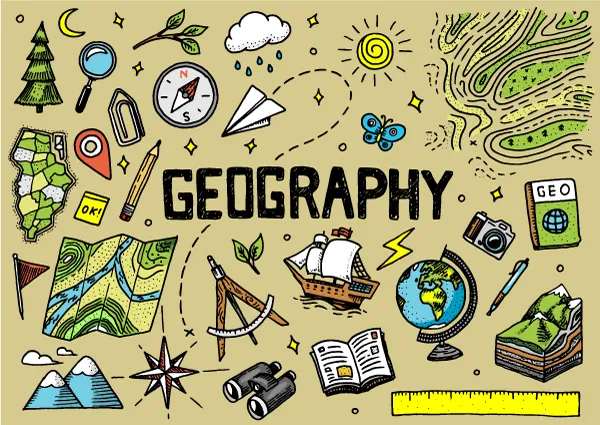
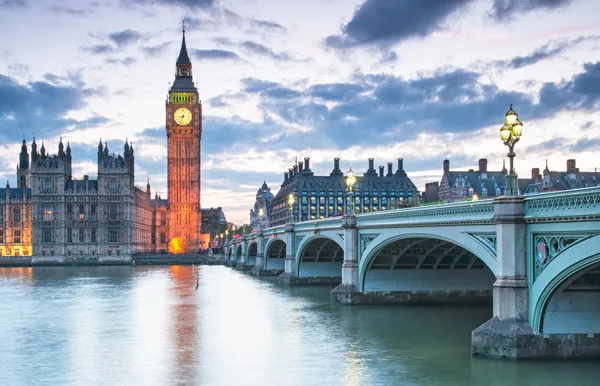
Our Geography curriculum is designed to develop children’s curiosity and fascination about the world and its people, which will remain with them for the rest of their lives.
Through our geography topics, Children will deepen their understanding of the interaction between physical and human processes and how this affects landscapes and environments. We put a focus on progression of knowledge and skills but also the key vocabulary for each topic.
We are committed to providing children with opportunities to investigate and make enquiries about their local area, as well as exploring and studying individual countries, places and natural landscapes.
Through high quality teaching, we hope:
At St Gabriel’s, Geography is taught, focusing on knowledge and skills stated in the National Curriculum.
When teaching each Geography topic, teachers are encouraged to use a cross-curricular approach. Where possible, Geography lessons make links to other subjects such as History, Science, Maths and Writing. Furthermore, during the school’s creative weeks artwork can often be linked to the topic.
Geography begins in the foundation stages of school by exposing children to the world around them, whether it be the school grounds, local area or using GIS (Geographical information systems), atlases and globes to investigate places. This will help the children to begin their ‘Enquiry and Investigation’ skills and get them asking questions about the world and its people.
Key Stage one children begin by exploring and investigating the local area, the United Kingdom (Manchester and Liverpool City studies) and contrasting it with non-European countries. The children learn about 2 distinctly different areas (polar regions and Africa), allowing them to develop their understanding of how the world is vastly different.
In lower Key Stage Two, the children begin to look at geographical processes and countries within Europe. They then begin to explore local wider areas and look at their links to the local area e.g. Manchester and Liverpool. They also focus on natural landscapes and their formations such as Mountains, Volcanoes and Rivers.
In upper Key Stage two, children are encouraged to use the skills they have learnt to read maps, investigate different countries with independence. They begin by looking at modern European countries and linking them to a history-based topic (Germany – WW2). The children then explore the Americas, both North and South, exploring Geographical areas e.g The Amazon Rainforest and looking at how vast and differing the countries in North America are. They begin to learn about trade links and real-life issues e.g climate change and palm oil production.
Educational visits are another opportunity for the teachers to plan for additional geography learning outside the classroom. At St Gabriel’s Primary School, the children have had many opportunities to experience geography on educational visits. The children have explored the local area including orienteering within the school grounds and conducting river studies. Local museums also provide an opportunity to further geography learning.
Our Geography Curriculum is high quality, well thought out and is planned to demonstrate progression.
We measure the impact of our curriculum through the following methods:
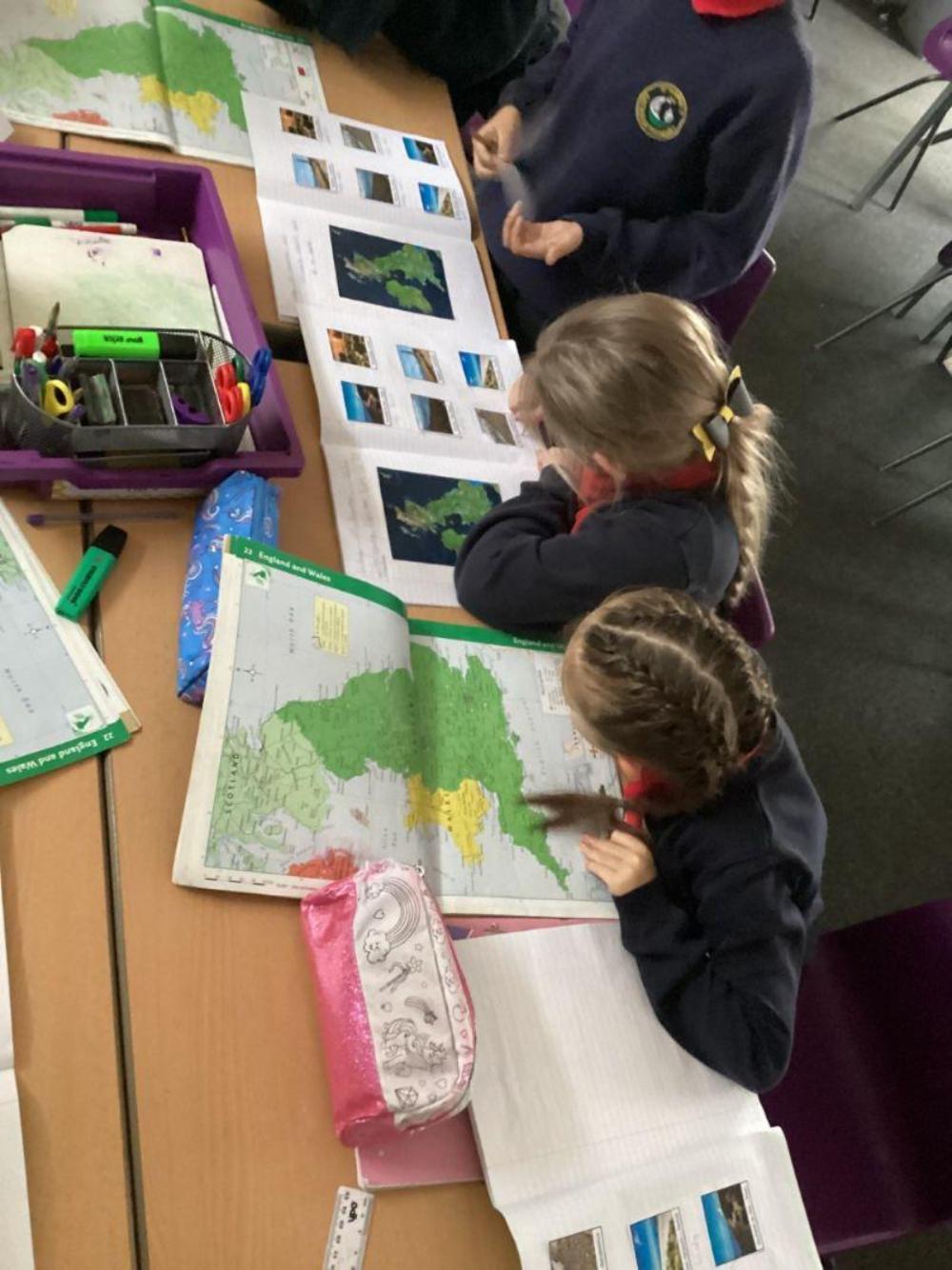
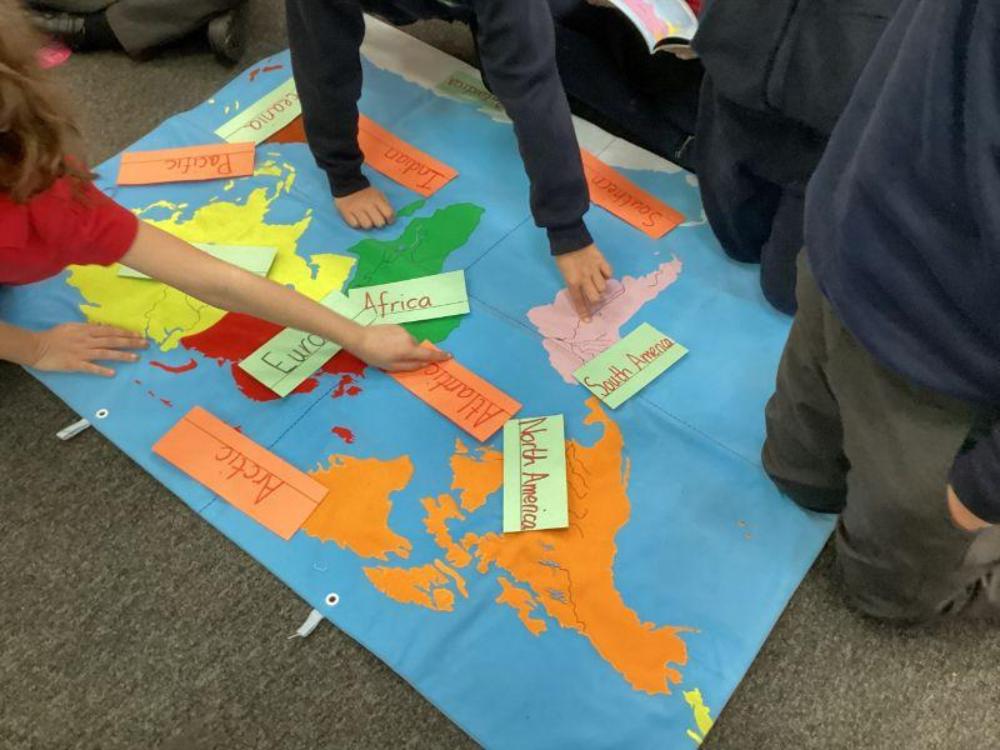


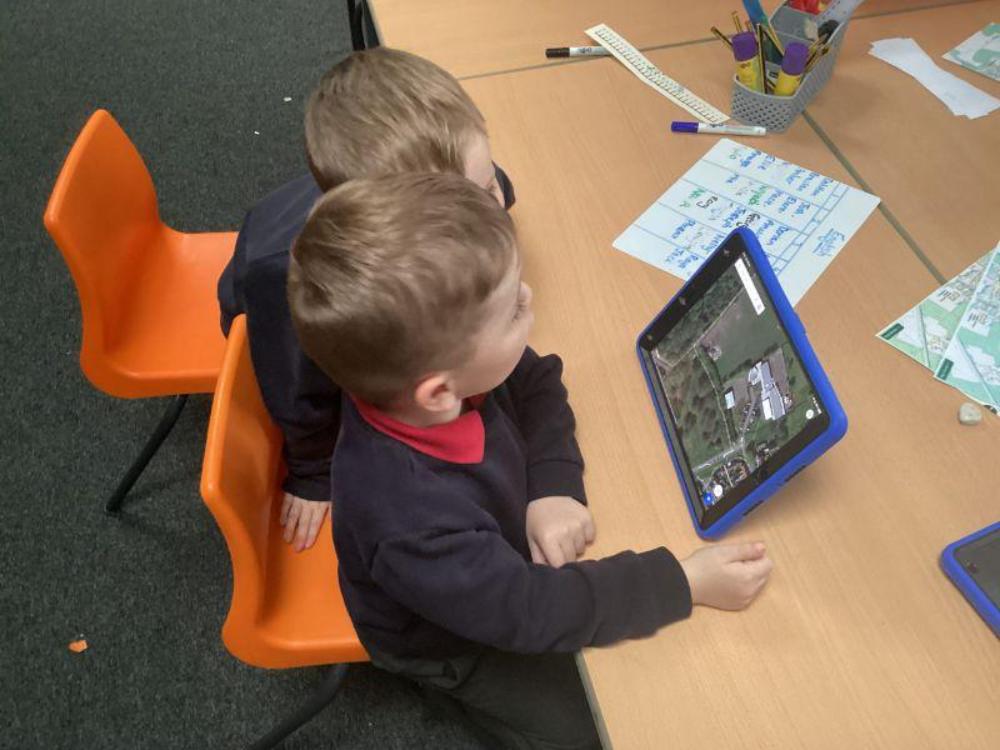
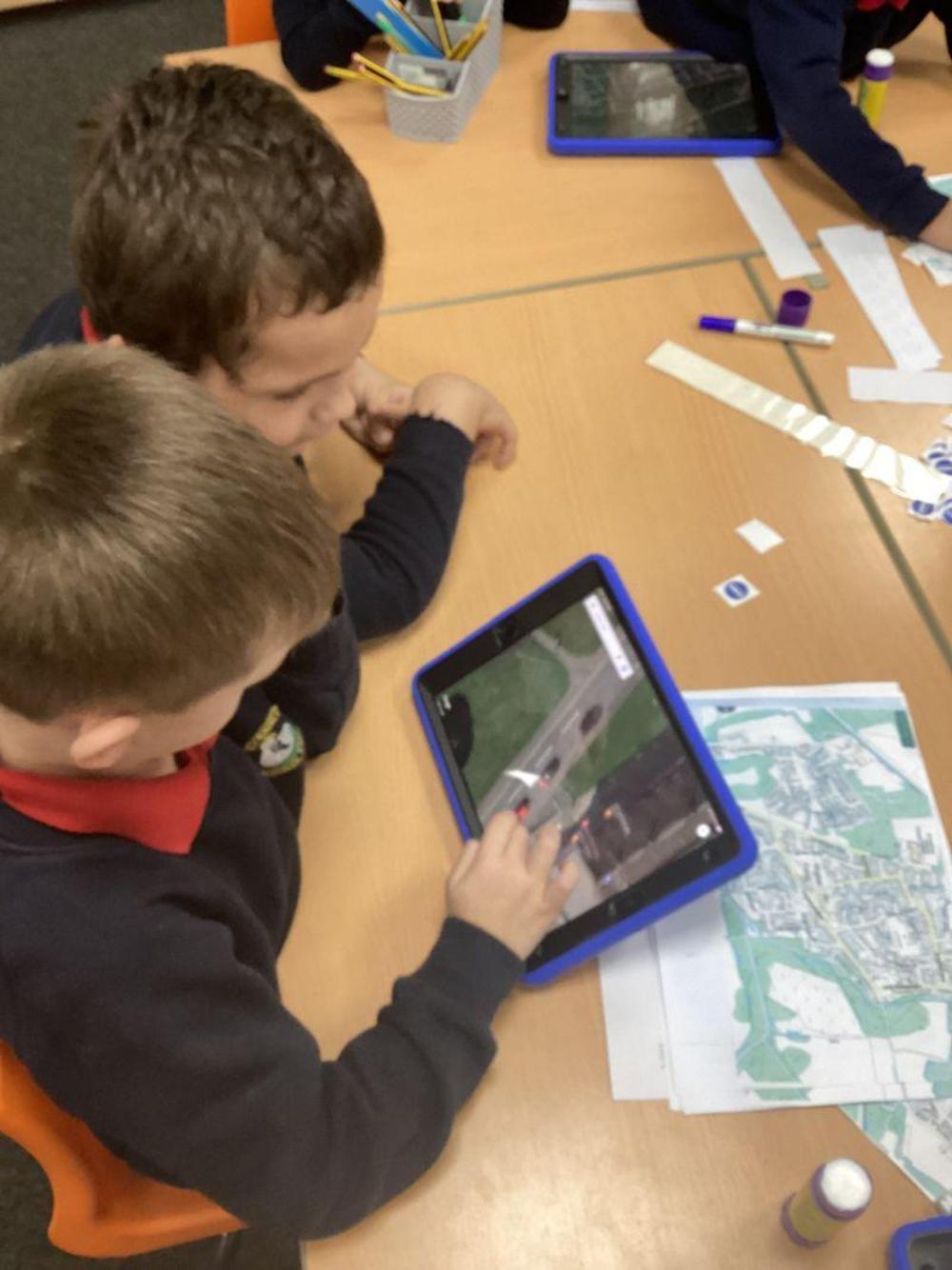
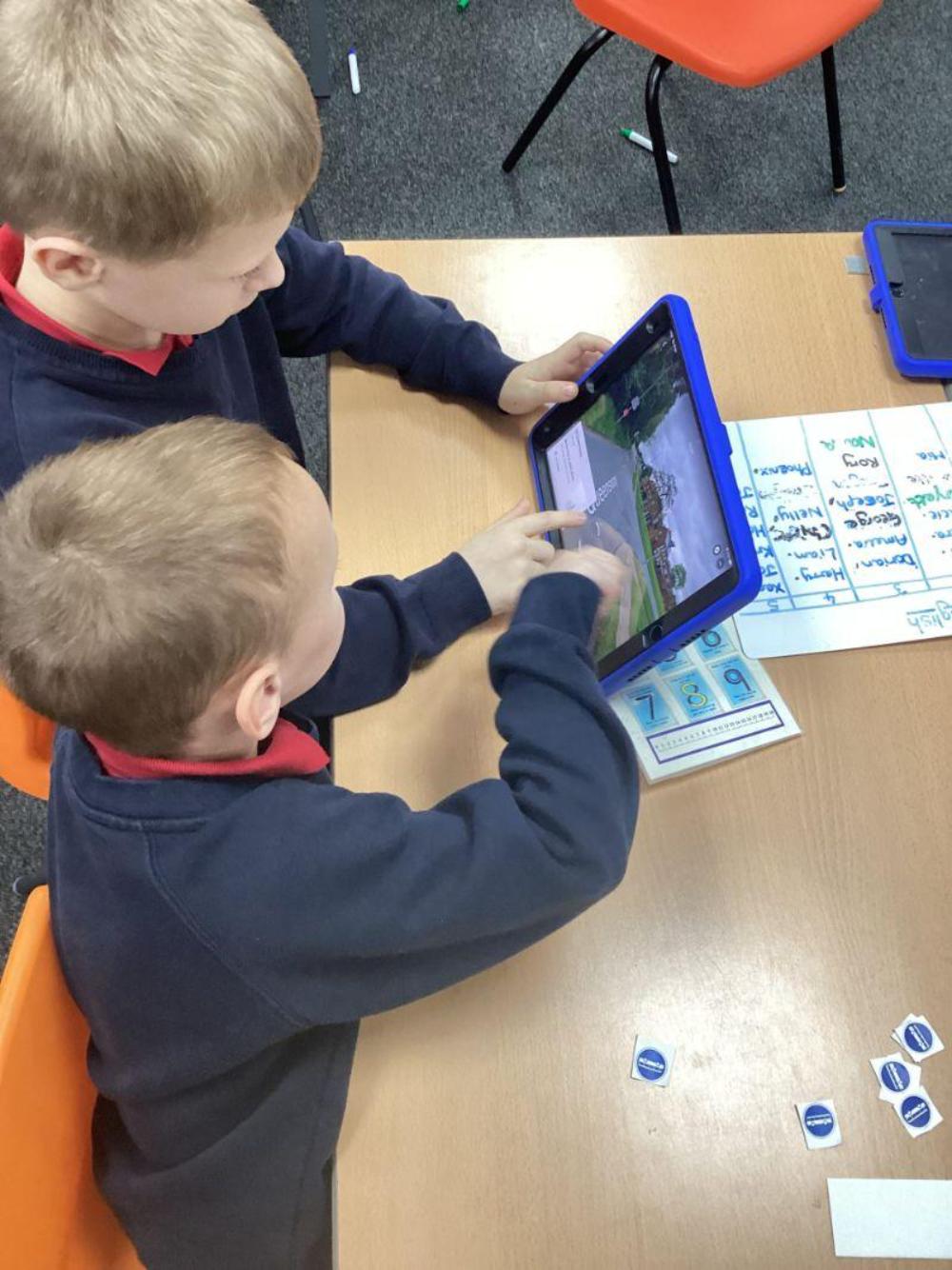
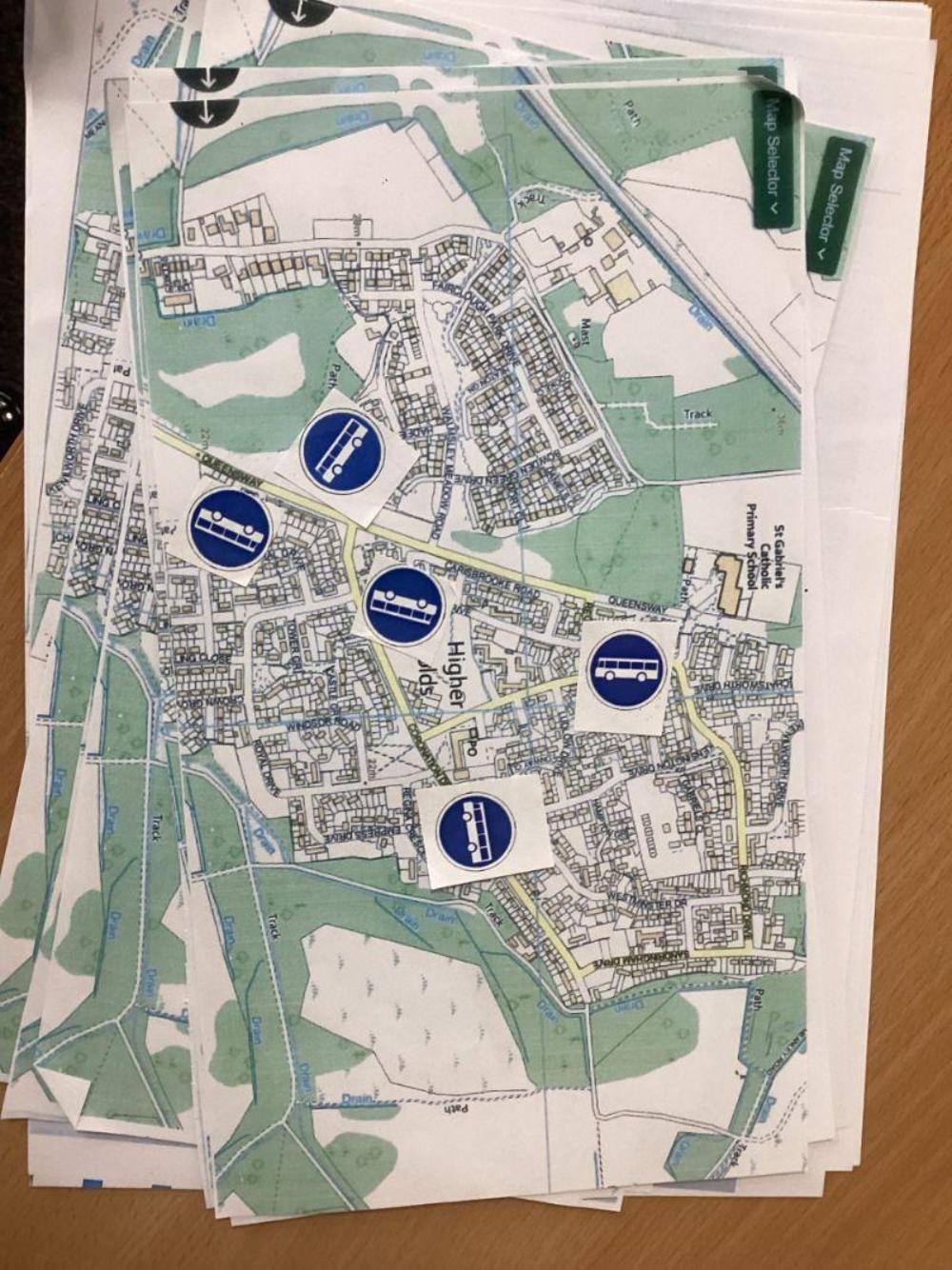
We have now updated our Holidays & Events section of our website for this school year.
Make sure to check it out.
Performance Measures